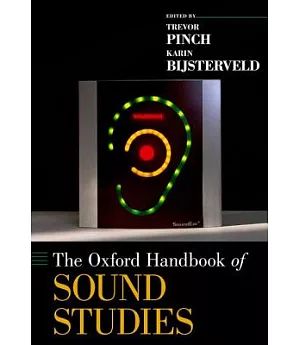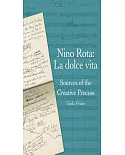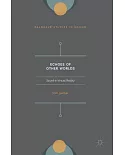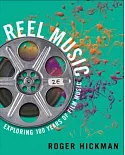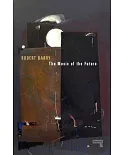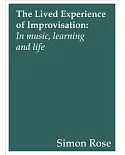Written by the world's leading scholars and researchers in the emerging field of sound studies, The Oxford Handbook of Sound Studies offers new and fully engaging perspectives on the
significance of sound in its material and cultural forms. The book considers sounds and music as experienced in such diverse settings as shop floors, laboratories, clinics, design studios,
homes, and clubs, across an impressively broad range of historical periods and national and cultural contexts.
Science has traditionally been understood as a visual matter, a study which has historically been undertaken with optical technologies such as slides, graphs, and telescopes. This book
questions that notion powerfully by showing how listening has contributed to scientific practice. Sounds have always been a part of human experience, shaping and transforming the world in which
we live in ways that often go unnoticed. Sounds and music, the authors argue, are embedded in the fabric of everyday life, art, commerce, and politics in ways which impact our perception of the
world. Through an extraordinarily diverse set of case studies, authors illustrate how sounds -- from the sounds of industrialization, to the sounds of automobiles, to sounds in underwater music
and hip-hop, to the sounds of nanotechnology -- give rise to new forms listening practices. In addition, the book discusses the rise of new public problems such as noise pollution, hearing
loss, and the "end" of the amateur musician that stem from the spread and appropriation of new sound- and music-related technologies, analog and digital, in many domains of life.
Rich in vivid and detailed examples and compelling case studies, and featuring a companion website of listening samples, this remarkable volume boldly challenges readers to rethink the way they
hear and understand the world.

